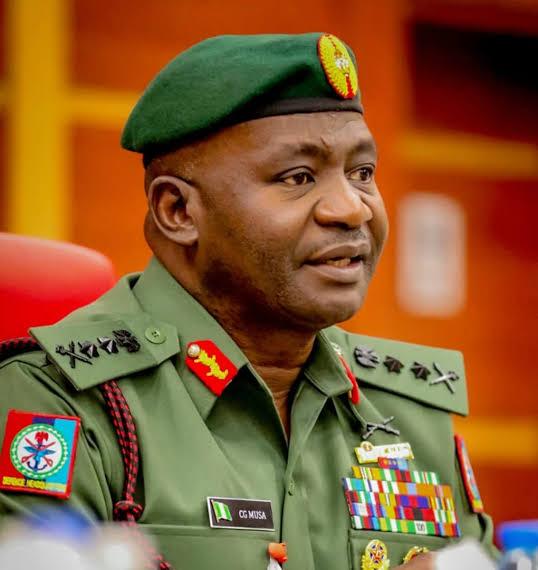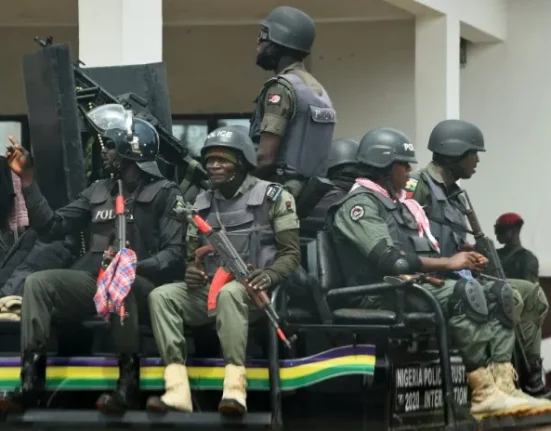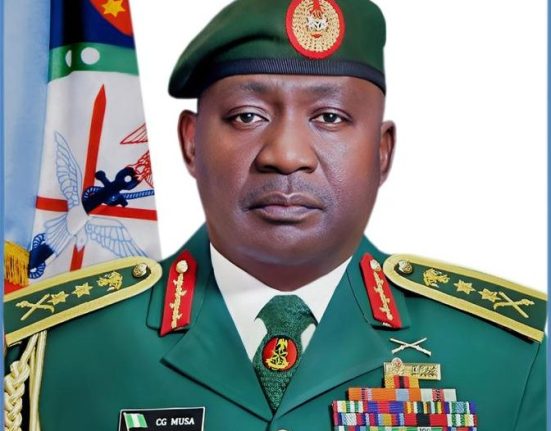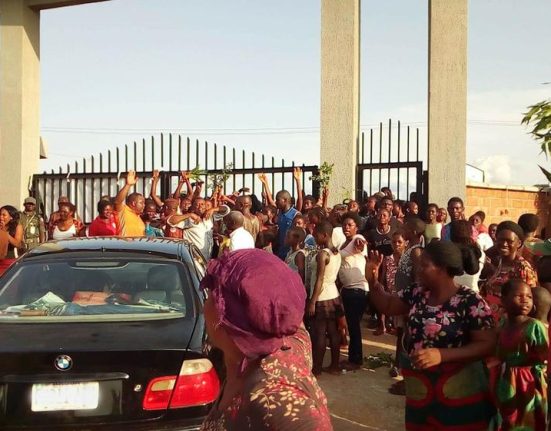Makurdi, Benue State – June 17, 2025
The Chief of Defence Staff (CDS), General Christopher Gwabin Musa, has identified three major issues fueling the persistent killings and communal unrest in Benue State, even as the military intensifies efforts to restore peace and stability in the region.
Speaking during a high-level security meeting with local stakeholders in Makurdi, General Musa said the root causes of the violence include:
Land disputes and boundary clashes between farming communities and herders,
Proliferation of small arms and light weapons in the hands of non-state actors, and
Ethno-political tensions and poor governance structures at the local level.
“These are not just criminal issues but deeply rooted socio-economic and political problems that require a multi-faceted response,” the CDS stated. “The military is here to protect lives, but we need stronger collaboration from all stakeholders to address these challenges sustainably.”
General Musa further assured residents that the Nigerian Armed Forces would not relent in their mission to restore peace and uphold national unity, adding that fresh deployments have been made to flashpoints across the state.
The visit of the CDS comes amid renewed attacks in parts of Benue, which have led to loss of lives, displacement of residents, and destruction of farmlands. He also held closed-door meetings with the Governor of Benue State, Rev. Fr. Hyacinth Alia, traditional rulers, and civil society groups to discuss joint solutions to the crisis.
Local leaders welcomed the military chief’s visit and pledged greater cooperation in intelligence sharing and community sensitisation to curb retaliatory attacks and youth radicalisation.
The Defence Headquarters also reiterated its call on political leaders to refrain from inciting rhetoric and instead work toward lasting reconciliation in the troubled communities.
General Musa’s visit follows recent directives by President Bola Ahmed Tinubu for enhanced military presence and intelligence operations in volatile areas across the Middle Belt, in line with the administration’s national security strategy under the Renewed Hope Agenda.







